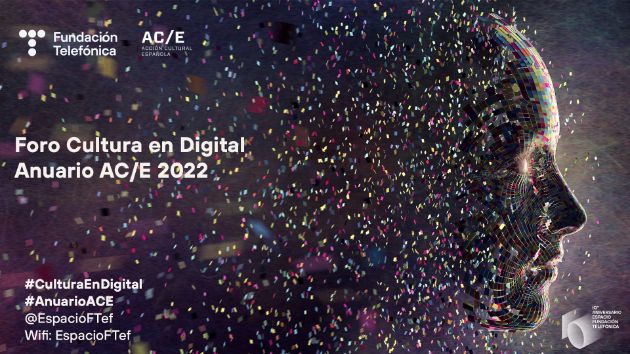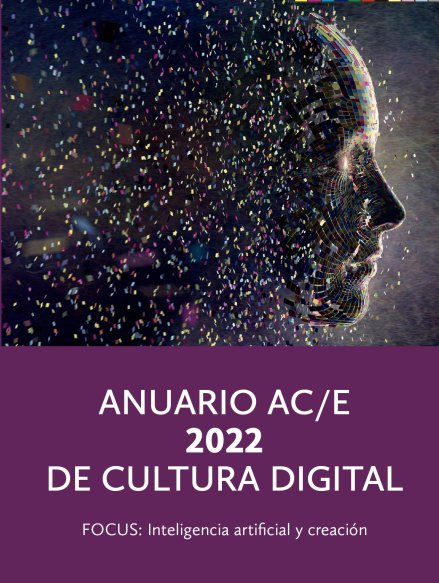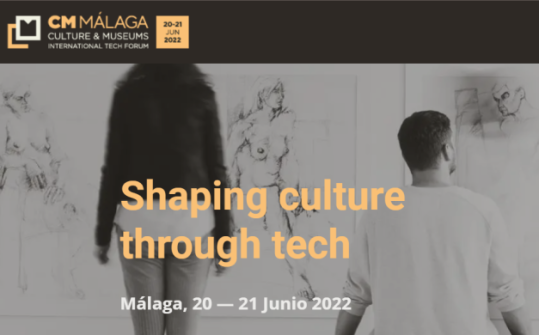All attendees will receive a free printed copy of the AC/E Digital Culture Annual Report 2022 and a Seebook for the digital download.
RESERVE
PROGRAMME (see full programme in PDF >)
> 10:30 Welcome.
Pablo Gonzalo, Global Head of Knowledge and Digital Culture and Espacio Fundación Telefónica.
José Andrés Torres Mora, president of Acción Cultural Española (AC/E).
> 10:45 a.m. - Panel 1. Challenges of the post-covid digital age in cultural heritage: libraries and museums.
Trilce Navarrete, Professor of economic theory applied to culture at the Erasmus University in Rotterdam.
Carme Fenoll, director of the Department of Culture and Community of the Polytechnic University of Catalonia.
Pilar Gonzalo, MNCARS digital area.
Presents and moderates: Isabel Izquierdo, programming director of AC/E
> 11:45 a.m. Coffee break.
> 12:15 p.m. - Panel 2- Artificial intelligence and metaverse.
Pau Alsina, professor and researcher of the Studies of Arts and Humanities at the Open University of Catalonia.
Dani Seseña, director and presenter of Open Chamber (TVE).
Covadonga Fernández, founder and director of Blockchain Media and Blockchain Observatory.
Presents and moderates: Nuria Rodríguez, professor of Art History at the University of Malaga.
> 1:30 p.m. Closure.
Isabel Izquierdo, programming director of AC/E.
The 2022 Annual Report analyzes in its first part of essays, different aspects of the latest digital trends and how they affect the cultural sector. In addition, it includes, as always, in its conclusions forecasts of each expert in the short and medium term with the aim of providing key content to cultural managers. It addresses topics such as data for cultural management and analysis, the transformation of libraries in the digital age, technological countercultures and techno-resistance practices, NTFs in the world of culture, the cultural metaverse, the growing culture of payment in digital culture and the evolution of the script as a support for all staging.
FOCUS 2022: Artificial Intelligence and Creativity
AI has become not only a science and a technology, but also a true cultural phenomenon, a philosophical construction of which we can say that it is all these things as well as that it is none of them and that has been rather, it is about a pure fable, a chimera that has been updated over the years. Through case studies, we review how AI can function as a creative tool of established cultural practices, as well as its creative potential in its own right. This represents a resounding step forward in the process of digital transformation of culture and society.




























